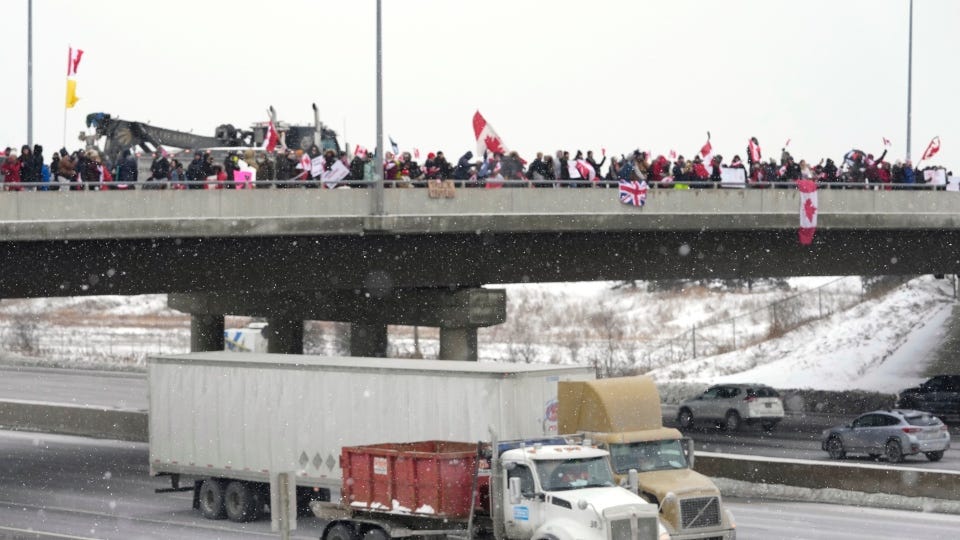When Europeans ask me to describe the differences between Canadians and Americans, they will generally already offer up the usual fare before I get a chance to reply. “They’re nicer, right? They like to apologize all the time too, I hear.” Canadians have a well-known reputation across much of the world.
I try my best to explain to them that Canadians are also politically apathetic in comparison to their more rebellious and spirited neighbours to the south. “Canada is a post-national state”, I will carefully explain, in that “……a sense of national identity has been eroded due to the rapid pace of demographic change and the overabundance of American media that frames much of their politics and culture, despite often not being applicable at all”. All the usual caveats about Quebec obviously apply, and it was that last failed referendum in that province in 1995 when we witnessed real political fervour from Anglo Canada in the form of demonstrations for Canadian unity that took place in Montreal. Since then, Canada has been quiet as a mouse. “What happens there?”, I am always asked. I reply: “nothing of consequence. It is the Globalist Test Area”.
It is with admitted and slight shock that I am watching the anti-COVID mandates Trucker Convoy now rolling towards Ottawa, where they plan on shutting down the nation’s capital to end the mandates that have kept this country largely closed (and miserable) these past two years. It is heartwarming to see Canadians finally, finally engage in a mass grassroots demonstration against the distant elites that govern them from afar. Some may find it inspiring. All I know is that I have never seen such a cross-country display in my lifetime. A cynic like myself can only applaud and dispense with the usual deeper analyses, in order to appreciate the moment.
Canada is an impossible country, many have suggested. Scattered in clumps along the width of the border with the USA to south, the temptation to group each cluster in along a north-south axis is too great, and speaks to the massive challenge that building such a massive country from east to west has been. These incredibly large geographic distances also permit a psychological distance between the ruling classes and those ruled by them. The elites are very remote for many, seen only on TV or on the internet, out of reach for the typical citizen outside of a few key area codes.
Yes, Canada is a liberal democracy, but it’s a parliamentary system much more strict than its almost identical British mother and its American cousin. Canada is governed by the dictatorship of the Federal Cabinet, where parliamentary parties do not allow for free votes by their members on important bills. This severely restricts the actual choices and power that the citizens have. Add to this the managerial elite that has long ago captured the state, it is no wonder that Canadian citizens are apathetic and feel powerless.
The Convoy comes from a place of frustration; a frustration not just with the never-ending pandemic, but also a frustration with these snobby elites who look down upon them as the Victorian upper classes would have peered down on Cockney chimney sweeps. These leaders, whether in politics or science or culture, happily dictate to them with almost zero accountability whatsoever. They are the Ottoman officials looking down upon the rayah with barely-concealed contempt.
Most importantly, the frustration comes from not knowing where their place is in this constantly changing Canada and the knowledge that they are largely incapable of changing it for their own benefit. “When will this finally end?”, is followed by the more important question: “When do our lives get better again? When will see better days?”


